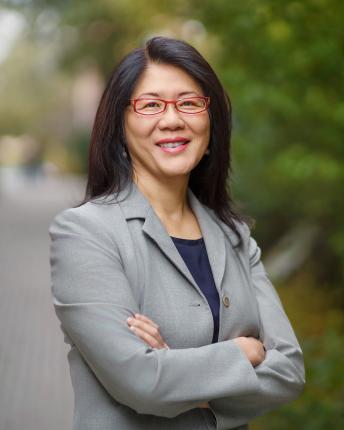
Karen Seto
Frederick C. Hixon Professor of Geography and Urbanization Science; Faculty Director of the Hixon Center for Urban Sustainability
Cities are responsible for roughly 70% of global greenhouse gas emissions and play a critical role in addressing climate change. The impacts of climate change have forced cities and towns to address a myriad of complex social, economic, and environmental challenges while relying on increasingly strained infrastructure, energy systems, and ecosystems — especially in the Global South. This program is committed to the growth of its participants and acceleration of solutions that will create and transform cities we need for an equitable and regenerative future.
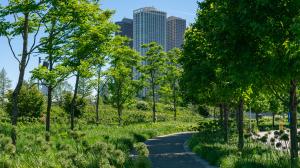
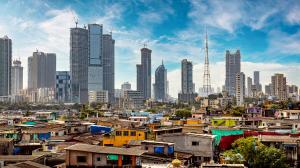

With increasing urgency, cities must lead in building healthy, equitable, and sustainable urban futures. Investing in urban climate education will accelerate the crucial leadership needed to protect urban populations and provide critical urban services to the most vulnerable. As the scale and scope of urban demands exceeds our planetary boundaries, we need empowered urban leaders to scale and leverage cities as powerful climate solutions.”

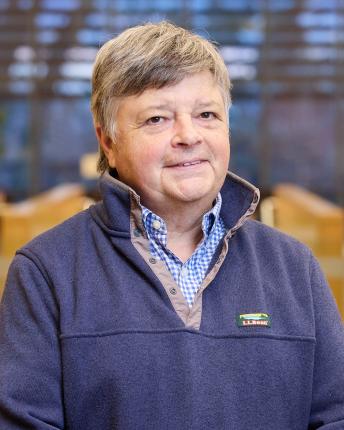
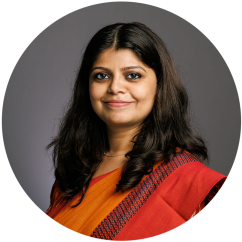
Addressing urban climate change requires an interdisciplinary approach with a set of experts and practitioners trained on sustainable urban transition through new technology, future-ready planning, sustainable design thinking and an inclusive approach prepared to absorb the dynamics of migration to and from cities.”
Questions? Be sure to check out our FAQ page for answers to commonly asked questions, and contact us by email at urbanclimateleadership@yale.edu.